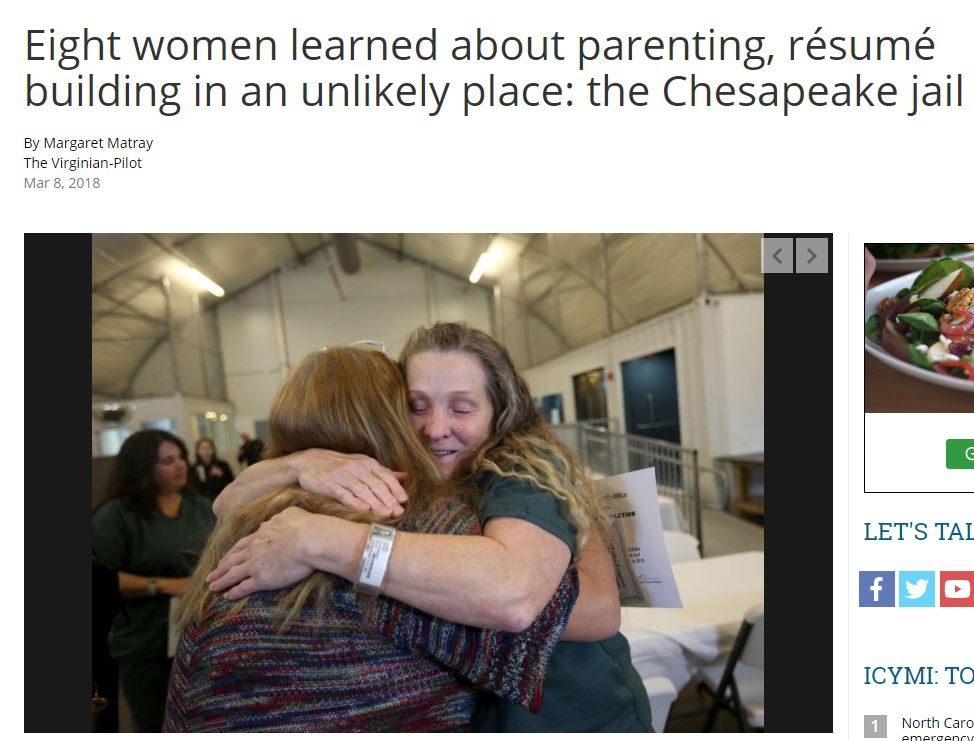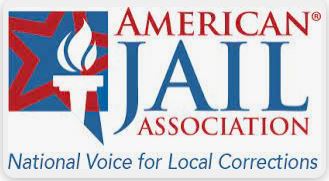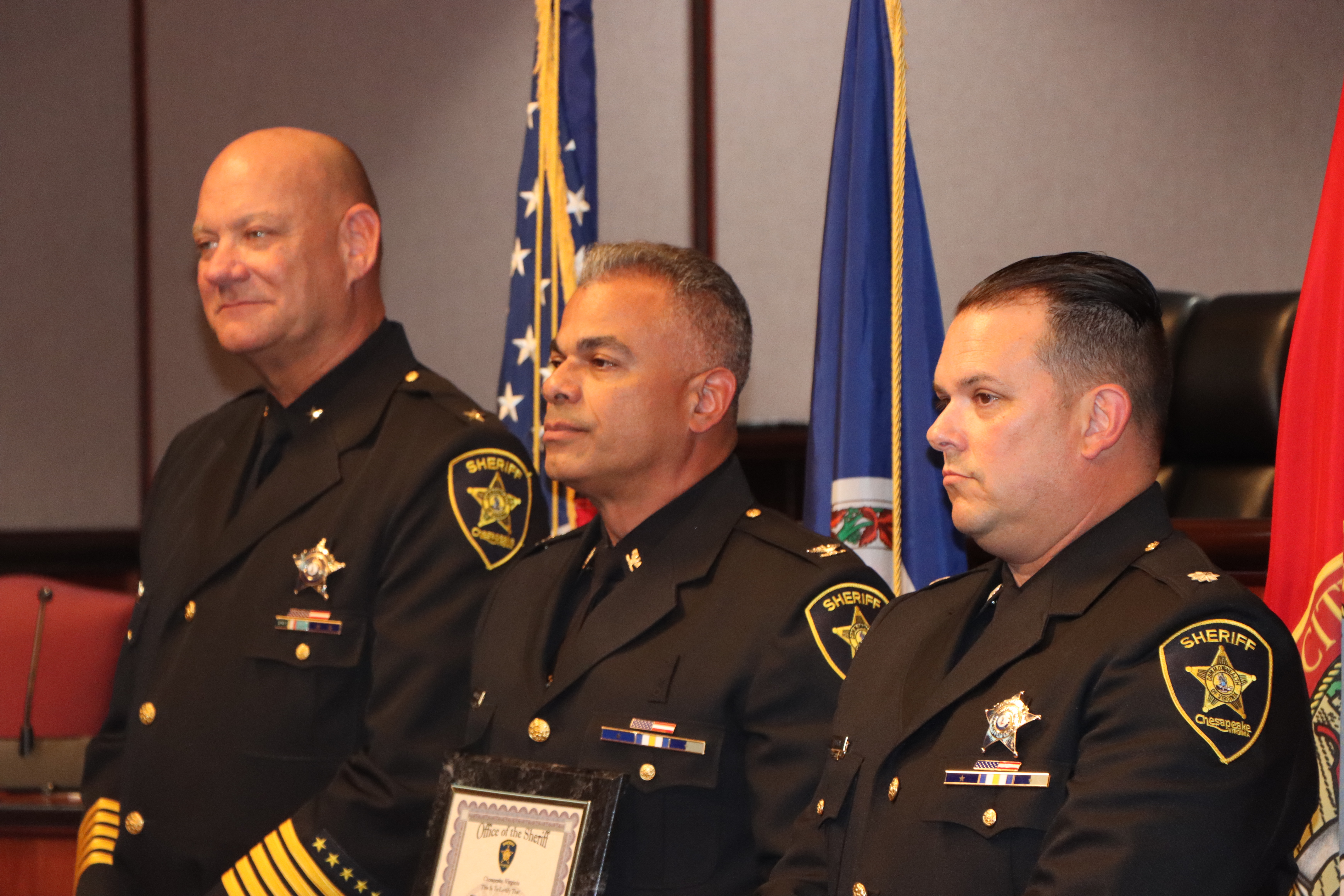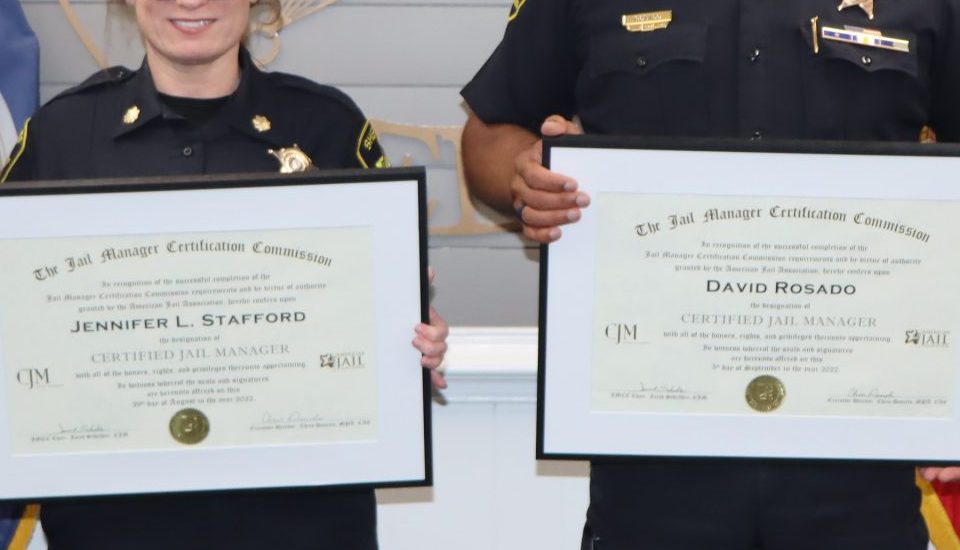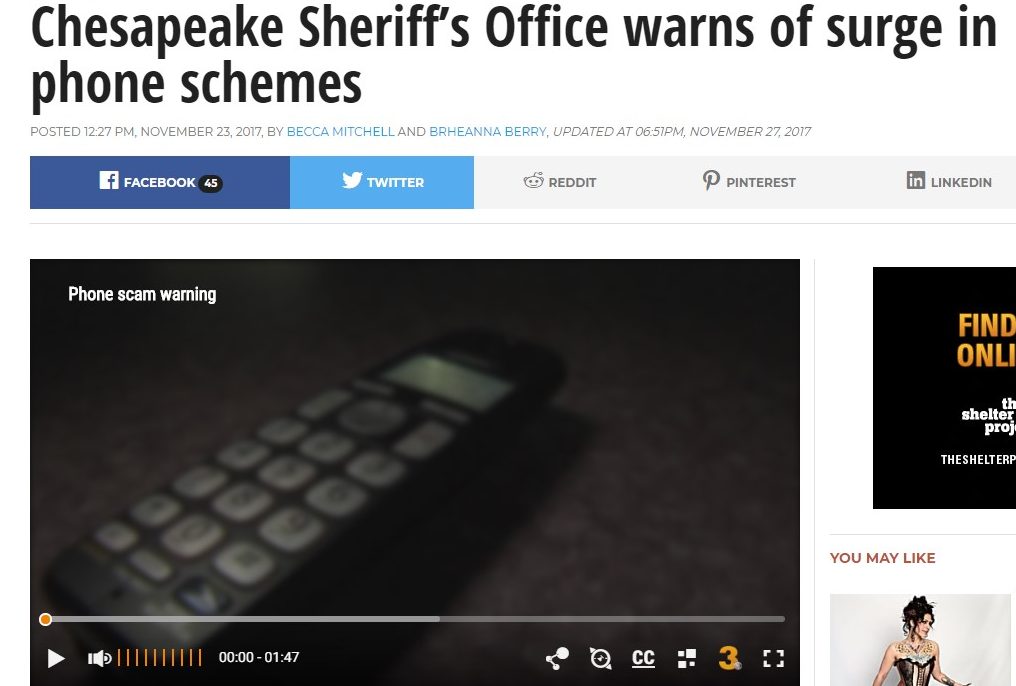
WTKR: Phone Scheme Warning
November 28, 2017
Virginian-Pilot: Deputies and children celebrate another year of mentorship
October 11, 2018CHESAPEAKE
Without a support system, Jessie Felton felt lost when she got out of prison.
She didn’t know what steps to take to better her life. So, she said, she didn’t take any steps at all.
But it was there that Felton began to gain confidence in herself.
She learned about being self-reliant and where to find help for her heroin addiction.
For the first time, she has her own résumé.
“I was able to take that first step here,” she said.
On Wednesday, Felton was one of eight to graduate from the Chesapeake Correctional Center’s first re-entry program for women. The eight-week course, provided for free by a Chesapeake nonprofit, prepares the women for life outside jail by teaching life skills – how to communicate, build healthy relationships and interview for a job.
And it will give them a line of support once they get out: The nonprofit plans to follow up with participants to see if they need help finding resources or just want to talk.
For Felton, the program stripped away the fear and anxiety she had about how to move forward once she’s released from jail in June, she said.
“I’m just excited about going home and starting over,” the 39-year-old said.
For years, the jail has offered a re-entry program for men, but the layout of the facility made it difficult to host a similar program for women, who make up about 13 percent of the jail population, Sheriff Jim O’Sullivan said.
But when Vanessa Torres, founder of the nonprofit Freedom for the Forgotten, approached him about starting a women’s program, the timing was right, he said.
The jail is wrapping up construction on an expansion, which will permanently house its re-entry and educational programs. In the meantime, women in the workforce program are being housed in a separate auxiliary unit that’s a good place to hold classes, O’Sullivan said.
It’s a program O’Sullivan said he hopes will help reduce recidivism. Currently, about 65 percent of men and women incarcerated at the jail commit new offenses within three years, he said.
“If we give them a chance and prepare them for successful re-entry, that can change their lives,” O’Sullivan said.
Over eight Saturdays, Felton and the other women learned about self-worth and how to get away from the environment that got them into trouble. They worked on résumés and cover letters, and talked about where to go if they need food, housing or help with substance abuse or addiction.
The goal is to empower and mentor the women, many of whom have been affected by abuse, Torres said.
The idea started more than a decade ago, when Torres worked as a GED instructor and correctional officer at a federal prison in New Jersey, she said. Torres wanted to help the inmates, but she didn’t have the resources.
After a loved one was incarcerated last year, Torres felt motivated to start her nonprofit, she said.
Felton, a mother of two children, ages 8 and 13, initially volunteered for the re-entry program because she was interested in the lessons on parenting and résumés. But, she said, she’ll leave with much more: a support net.
During the course, the women talked about who would be part of their support system outside the jail, and the program leaders are part of that. They’ll even provide clothing to the women for job interviews, said Felton, who has been incarcerated for over a year for violating probation on a prior grand larceny conviction.
“Transformation is a process, and it’s not going to take place overnight,” Torres said. “A community of support is needed for a positive transformation, and we want to be that community for these women.”
At Wednesday’s graduation, Felton’s mom said she’s seen a change in her daughter. She’s stronger, more prepared for life.
“I was so thankful when she told me about this,” Debi Barela said, holding her daughter’s hand. “It’s exactly what they need.”
There’s a mantra Felton learned during the program, a reminder that her incarceration is temporary: “It’s your present, not your future.”
Felton wrote it down and stuck it under her jail bunk, a reminder that better things are to come.
Margaret Matray, 757-222-5216, margaret.matray@pilotonline.com

